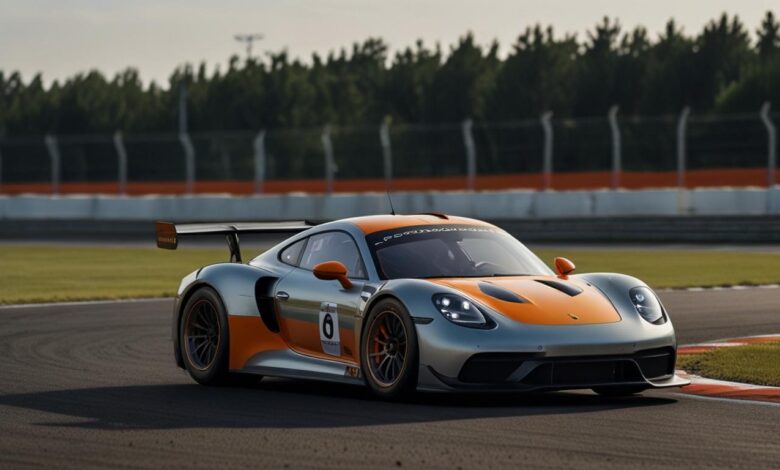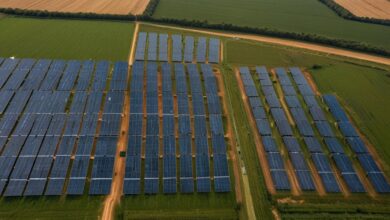Porsche Mobil 1 Supercup Cars to Utilize Carbon-Neutral Fuel from Chilean Plant

Porsche Mobil 1 Supercup cars will switch to a near-carbon-neutral e-fuel produced at the Haru Oni plant in Chile, combining renewable hydrogen and CO2 sourced from bio and direct air capture. The shift signifies a move towards sustainable practices and complements Porsche’s aim for 80% electric car production by 2030.
This year, cars in the Porsche Mobil 1 Supercup series will utilize a near-carbon-neutral fuel produced at the Haru Oni plant in Chile. This synthetic e-fuel is created by combining renewable hydrogen made from electrolysis, powered by wind-generated electricity, with CO2 sourced from bio sources, and eventually from direct air capture (DAC).
Porsche’s transition to this fully synthetic renewable fuel marks a significant shift from the second-generation, bio-based, partially synthetic fuel used since 2021. The cars’ engine control units (ECUs) are manually mapped to accommodate the new fuel, requiring no other mechanical modifications.
The Haru Oni site was chosen for its consistent wind year-round, allowing its 3.4MW turbine to generate electricity for an average of 270 days annually, compared to 66 days for a similar turbine in Germany. This electricity electrolyzes water to create renewable hydrogen, which is then combined with CO2 to produce methanol. This methanol undergoes further processing to become 93 Octane petrol, later blended with additives to achieve a minimum rating of 98 Octane.
The near-future DAC project, still in its proof-of-concept stage, involves Volkswagen Group, HIF Global, and MAN Energy Solutions. It aims to establish commercial viability for CO2 capture from the air.
The Supercup series, part of the support program at eight Formula 1 races this year, began at Imola. Over the season, 32 Cup cars will use approximately 50,000 liters of this renewable fuel. The Haru Oni plant, which started large-scale production in 2022, has an annual output capacity of 130,000 liters. Porsche’s shift to e-fuels complements its goal of achieving an 80% global production mix of pure-electric cars by 2030.








